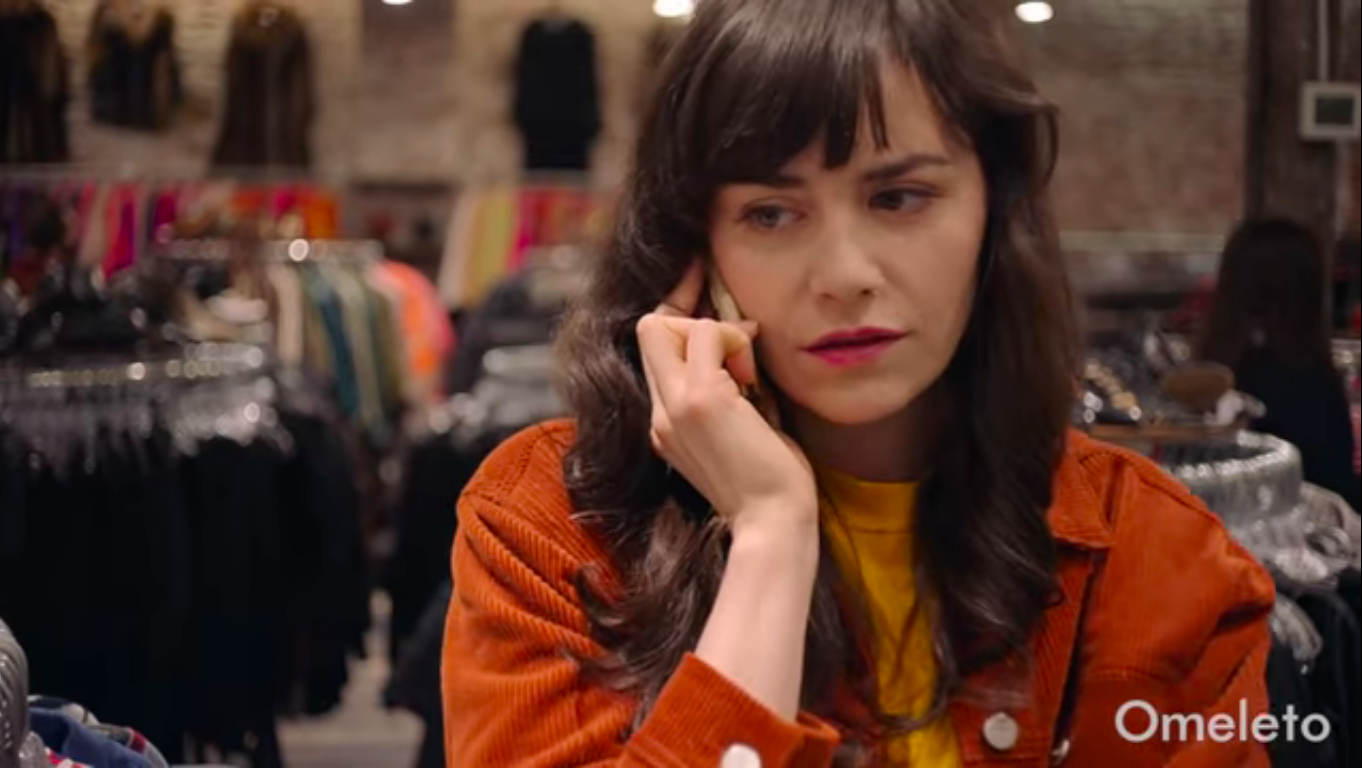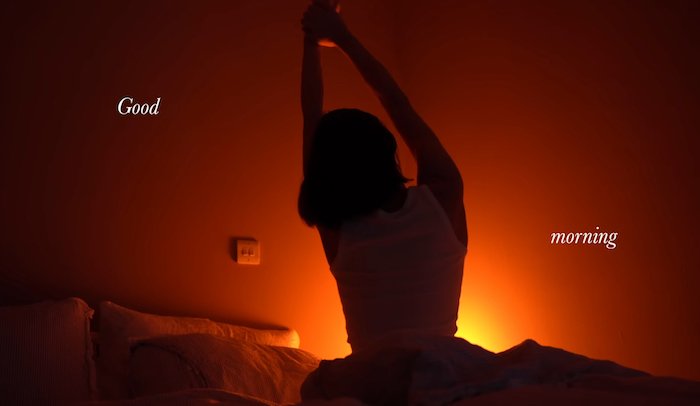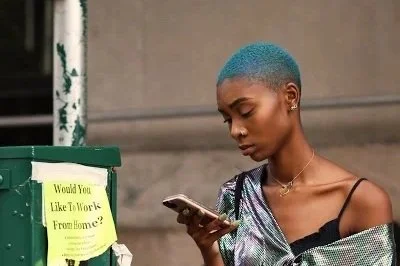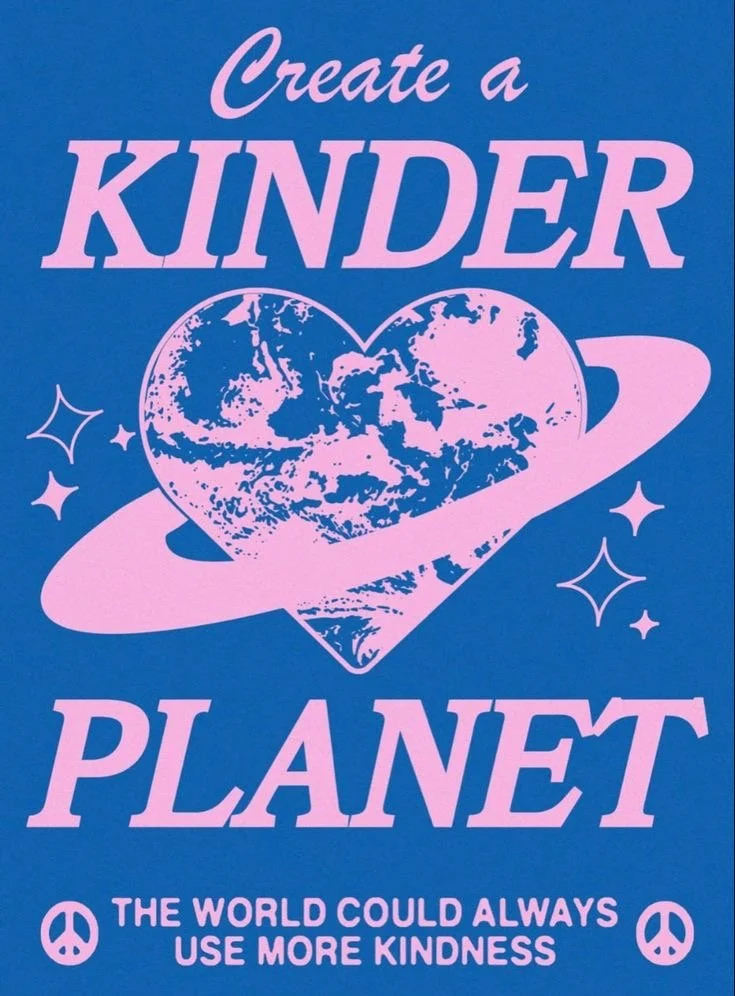Who's the Racist in Short Film "A Phone Call From My Best Friend"
This is not a review of the film, but as a woman of color this is what I observed of two white women trying to hash out the problematic issue of “am I a racist?” Madison is on the hunt for a dress at a Brooklyn thrift shop while she’s on the phone with her distressed bestie Chrissy whom she’s known since pre-school. Written and directed by Alexander Christenson, he focuses mostly on Madison who multi-tasks her way through racks and racks of second hand clothing as the hot topic of racism pops into the conversation. Chrissy finds herself at a life altering conundrum of whether she is a racist herself, even though she dates black guys. Madison who carries on with a “are you kidding me” attitude comforts Chrissy with but you’re dating a black guy.
However for Chrissy, something happens that proves to her that it goes deeper than who she’s dating. Then, the word “preference” comes up too frequently for my taste. My entire life it has been a societal norm that men can prefer Black women or Asian women and even Asians can prefer another Asian of paler shade. This is all true, but can certain preferences somehow become racist mentality? Even when we can’t recognize it, feel it or see it, can “kind” (Madison’s word) people have racist tendencies without knowing it?
Without giving away too much of this 13:39 minute short film, I do believe that one of these girls is racist. As Chrissy keeps on about questioning whether or not she is in fact racist, Madison in her need to get on with her day seems uncomfortable or feels rushed and doesn’t think it’s an opportune time to discuss Chrissy’s problem. At some point I feel for Chrissy, but not to say proud, because she did nothing to earn that. Yet, why did I find myself cheering her on slightly? Although both girls frustrated me equally, I didn’t want the short film to end without someone clarifying if she’s the racist or is she the racist?
When the film ended, I couldn’t think anymore about who I thought was the real racist all along. Instead I am asking who decides if you’re a racist and when do you know if you’re not? And I’m not even asking that as a woman of color, but as a human. We need to watch films like this, so that it encourages us to also have those uncomfortable conversations with friends, sisters, family and co-workers. It will be inconvenient and squeamish, but so necessary.
If racism as a topic feels too out of your comfort zone, you have to ask yourself why.
















